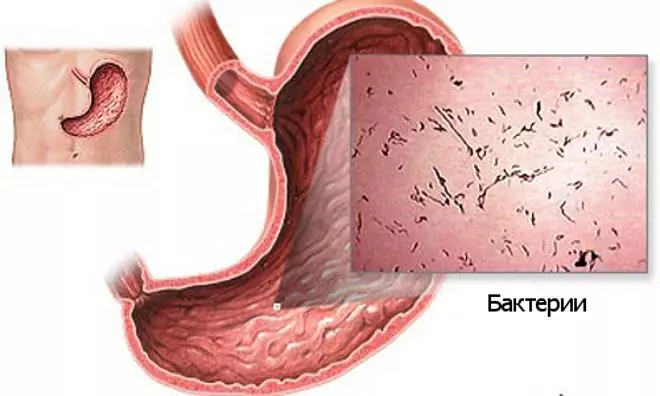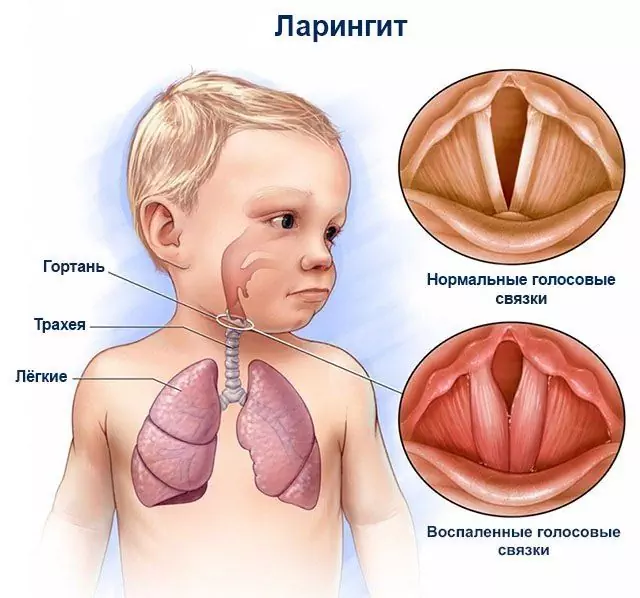- Author Rachel Wainwright wainwright@abchealthonline.com.
- Public 2023-12-15 07:39.
- Last modified 2025-11-02 20:14.
Tizine xylo
Tizin xylo: instructions for use and reviews
- 1. Release form and composition
- 2. Pharmacological properties
- 3. Indications for use
- 4. Contraindications
- 5. Method of application and dosage
- 6. Side effects
- 7. Overdose
- 8. Special instructions
- 9. Application during pregnancy and lactation
- 10. Use in childhood
- 11. Use in the elderly
- 12. Drug interactions
- 13. Analogs
- 14. Terms and conditions of storage
- 15. Terms of dispensing from pharmacies
- 16. Reviews
- 17. Price in pharmacies
Latin name: Tyzine Xylo
ATX code: R01AA07
Active ingredient: xylometazoline (xylometazoline)
Manufacturer: McNeil Manufacturing (France)
Description and photo updated: 22.11.2018

Tizin xylo is a drug for topical use in otolaryngology, with an anti-decongestant effect, narrowing blood vessels and reducing blood flow in them; alpha adrenergic agonist.
Release form and composition
The dosage form of Tizin xylo is a dosed nasal spray: a clear liquid, colorless and odorless, or with a weak characteristic odor (10 ml of the drug in a bottle, 1 bottle in a cardboard box).
Composition for 1 ml of solution:
- active substance: xylometazoline hydrochloride - 0.5 or 1 mg (1 spray dose contains, respectively, 0.035 or 0.14 mg of active substance);
- auxiliary components: benzalkonium chloride, sorbitol, sodium chloride, sodium dihydrogen phosphate dihydrate, disodium hydrogen phosphate dihydrate, disodium edetate, purified water.
Pharmacological properties
Pharmacodynamics
Xylometazoline is an imidazole derivative, a sympathomimetic with alpha-adrenergic activity. Reduces swelling and hyperemia of the mucous membrane of the nasal cavity, has a vasoconstrictor effect, improves mucus flow, facilitating nasal breathing. Its action develops within 5-10 minutes after injection.
Pharmacokinetics
When applied topically, the drug is practically not absorbed, and its concentration in plasma remains below the detection limit.
Indications for use
- acute allergic rhinitis;
- rhinitis accompanying acute respiratory diseases;
- sinusitis;
- hay fever;
- otitis media;
- preparation for diagnostic measures in the nasal passages.
Contraindications
Absolute contraindications:
- arterial hypertension;
- severe atherosclerosis;
- tachycardia;
- angle-closure glaucoma;
- atrophic rhinitis;
- surgical operations on the meninges (in history);
- co-administration with monoamine oxidase (MAO) inhibitors and other drugs that can increase blood pressure (BP);
- age up to 2 years (for a dosage of 0.05%);
- age up to 6 years (for a dosage of 0.1%);
- lactation period;
- increased sensitivity to the components of the drug.
Relative contraindications: coronary heart disease, angina pectoris, prostatic hyperplasia, thyrotoxicosis, diabetes mellitus, pheochromocytoma, pregnancy, hypersensitivity to adrenergic agonists (accompanied by insomnia and dizziness).
Instructions for the use of Tizin xylo: method and dosage
The drug is administered by intranasal injection.
A spray of 0.05% Tizin xylo is prescribed for children from 2 to 6 years old: 1 dose in each nasal passage 1-2 times a day.
Spray 0.1% is indicated for children over 6 years of age and adults: 1 dose in each nasal passage 3 times a day.
The duration of use of Tizin xylo should not exceed 7 days, unless otherwise recommended by a doctor. A repeated course is possible not earlier than a few days after the end of the previous one.
Side effects
According to the instructions, Tizin xylo can lead to the development of the following local undesirable effects: burning in the nose, sneezing, increased secretion, irritation and swelling of the nasal mucosa.
Long-term and frequent use can cause the development of dryness of the mucous membrane and reactive stagnation with the development of drug-induced rhinitis, up to irreversible damage to the mucous membrane (dry rhinitis), and this effect may develop even 5-7 days after the drug is discontinued. Also, long-term use of Tizin xylo in high doses can cause headaches, increased fatigue, insomnia and depression.
Systemic side effects of Tizin xylo: in isolated cases - palpitations, arrhythmias, tachycardia, increased blood pressure, visual impairment.
Overdose
Symptoms of an overdose of Tizin xylo: dilated pupils, nausea, vomiting, cyanosis, spasms, fever, arrhythmias, tachycardia, collapse, hypertension, suppression of the function of the central nervous system (drowsiness, decreased body temperature, bradycardia, shock-like hypotension, apnea, coma), psychiatric, cardiac arrest, pulmonary edema, respiratory failure.
Recommended treatment: gastric lavage, intake of activated charcoal, artificial respiration with the introduction of oxygen. To lower blood pressure, phentolamine is indicated at a dose of 5 mg with sodium chloride solution intravenously slowly, or 100 mg when taken orally. Vasopressor drugs are contraindicated. The use of anticonvulsant and antipyretic drugs is allowed.
special instructions
Long-term use of high doses of Tizin xylo can lead to reactive hyperemia of the nasal mucosa and rhinitis medicamentosa, up to atrophy of the nasal mucosa. In this regard, in chronic rhinitis, the drug should be used only under medical supervision.
Influence on the ability to drive vehicles and complex mechanisms
With prolonged use of the drug in high doses, systemic side effects from the cardiovascular system may develop. In this case, care should be taken when driving vehicles and other complex mechanisms that require the speed of psychomotor reactions.
Application during pregnancy and lactation
Data on the use of Tizin xylo in pregnant women are limited, and therefore the spray is prescribed only when the expected benefit to the mother outweighs the possible risk to the fetus.
There is no data on the ability of xylometazoline to pass into breast milk. The use of the drug is contraindicated during lactation.
Pediatric use
The appointment of Tizin xylo is contraindicated for children under 2 years of age. For the treatment of children from 2 to 6 years old, a 0.05% solution should be used, according to the recommendations for use. Children over 6 years old are shown a 0.1% solution.
Use in the elderly
Elderly patients should not exceed the recommended dose of the drug.
Drug interactions
Co-administration of Tizin xylo with MAO inhibitors and tricyclic antidepressants can lead to a pronounced increase in blood pressure.
Analogs
Tizin xylo analogs are Galazolin, Grippostad Rino, Dlyanos, Doctor Theiss Rinotaiss, Zvezdochka NOZ, Influrin, Xylen, Xylometazolin, Xymelin, Nosolin, Otrivin, Rinomaris, Rinonorm, Rinarus, Rinostopilo, Supirin-xylo, NOX Tizin xylo BIO, Evkazolin Aqua, Espazolin, etc.
Terms and conditions of storage
Store at a temperature not exceeding 25 ° C. Keep out of the reach of children.
Shelf life is 3 years.
Terms of dispensing from pharmacies
Available without a prescription.
Reviews about Tizine xylo
Reviews about Tizin xylo on the network are mostly positive. Patients note a rapid relief of nasal breathing in both adults and children. Among the disadvantages are the risk of developing addiction with prolonged use, the presence of contraindications and side effects in the instructions. There are isolated reports of low efficacy of the drug.
The price of Tizine xylo in pharmacies
The approximate price for Tizin xylo, nasal spray 0.1%, 10 ml is 84-100 rubles, nasal spray 0.05%, 10 ml 87-107 rubles.

Maria Kulkes Medical journalist About the author
Education: First Moscow State Medical University named after I. M. Sechenov, specialty "General Medicine".
Information about the drug is generalized, provided for informational purposes only and does not replace the official instructions. Self-medication is hazardous to health!






